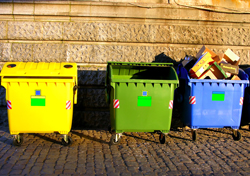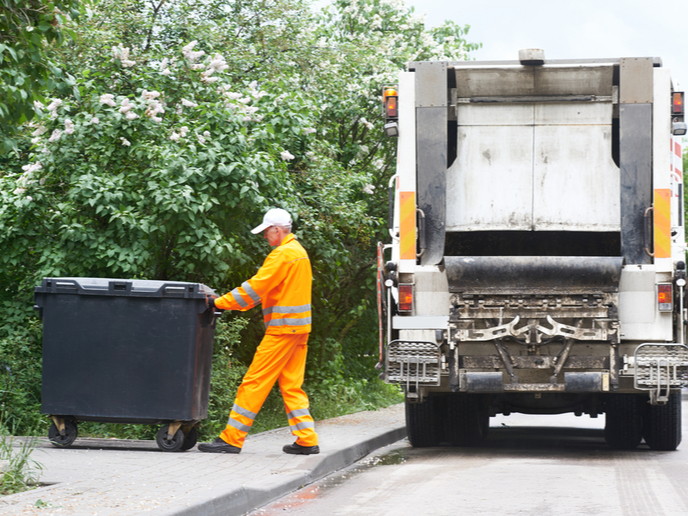New ways to manage old rubbish
People want their rubbish collected regularly and efficiently because a badly run waste management service can seriously affect their quality of life, particularly in large built-up areas. In southern European countries and new EU Member States rapid economic development has led to an increase in the amount of waste produced by cities in these regions. This new challenge has meant that waste management systems need to be upgraded and their recycling levels increased before they can match the standard expected by the EU. The EU funded Lca-iwm project was therefore set up to help the local government departments which run the cities to improve their waste service. Project partner Wroclaw University of Technology, Poland, gathered information about the municipalities of a number of cities chosen from different parts of Europe. This information gave researchers a more detailed picture of the climate, infrastructure and population mix for the urban areas identified. The Polish team also gathered data from individual urban areas concerning their collection, transport, storage and treatment of waste. This was then used to produce new waste management strategies based on local conditions. The amount and content of waste produced varies between cities, but needs to be quantified for it to be properly managed. This task was tackled by the municipalities who carried out an analysis of their waste using a range of different techniques. A number of managers in urban areas also conducted social surveys, using questionnaires to gauge the public's opinion of waste treatment plants. The work of the Lca-iwm project can help in the development of support tools for the planning and monitoring of waste management. Although the strategies were developed for Southern European countries and new EU Member States they can be successfully applied to cities throughout the EU. The study also supported good practice for waste management across Europe by promoting waste recovery and recycling.







